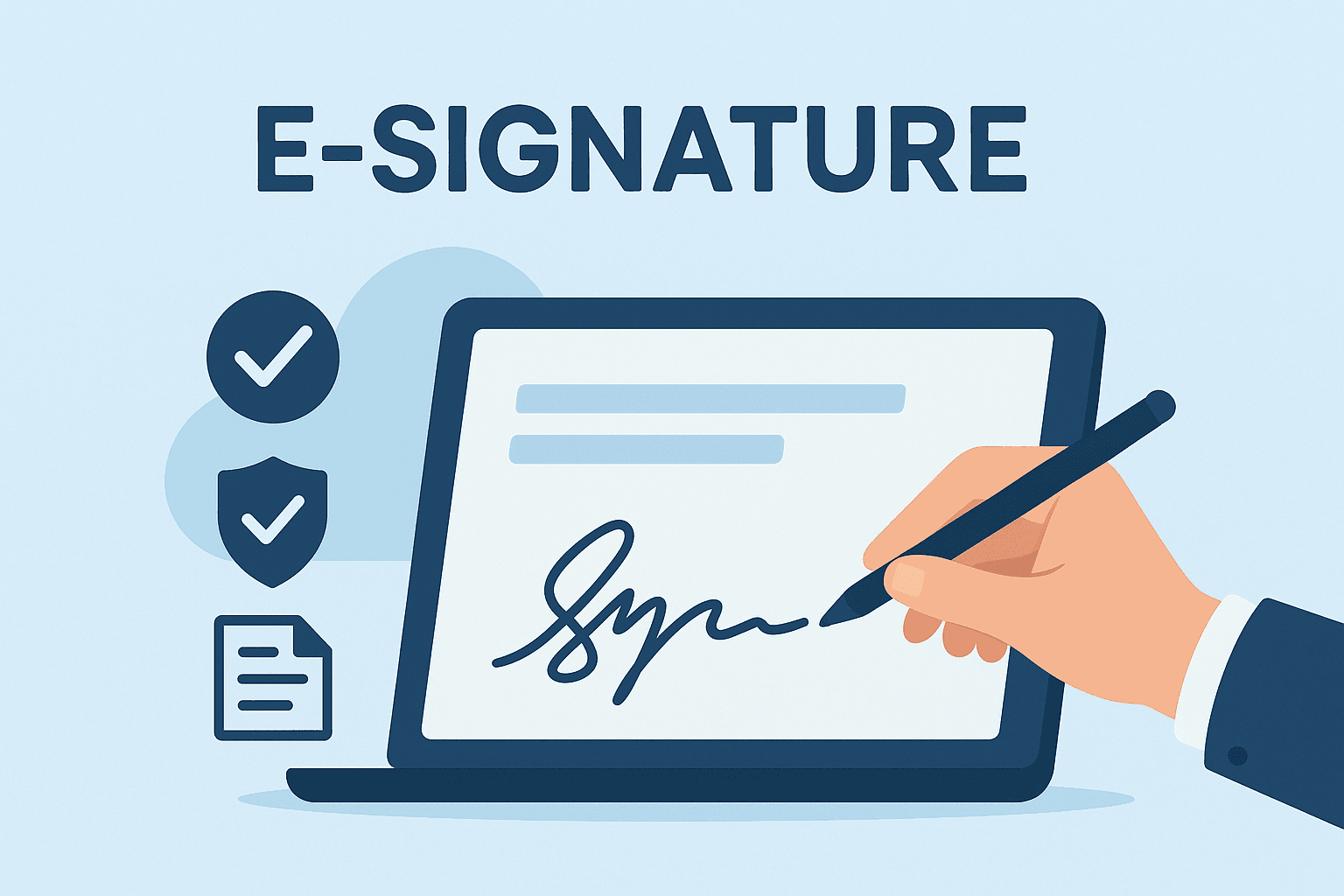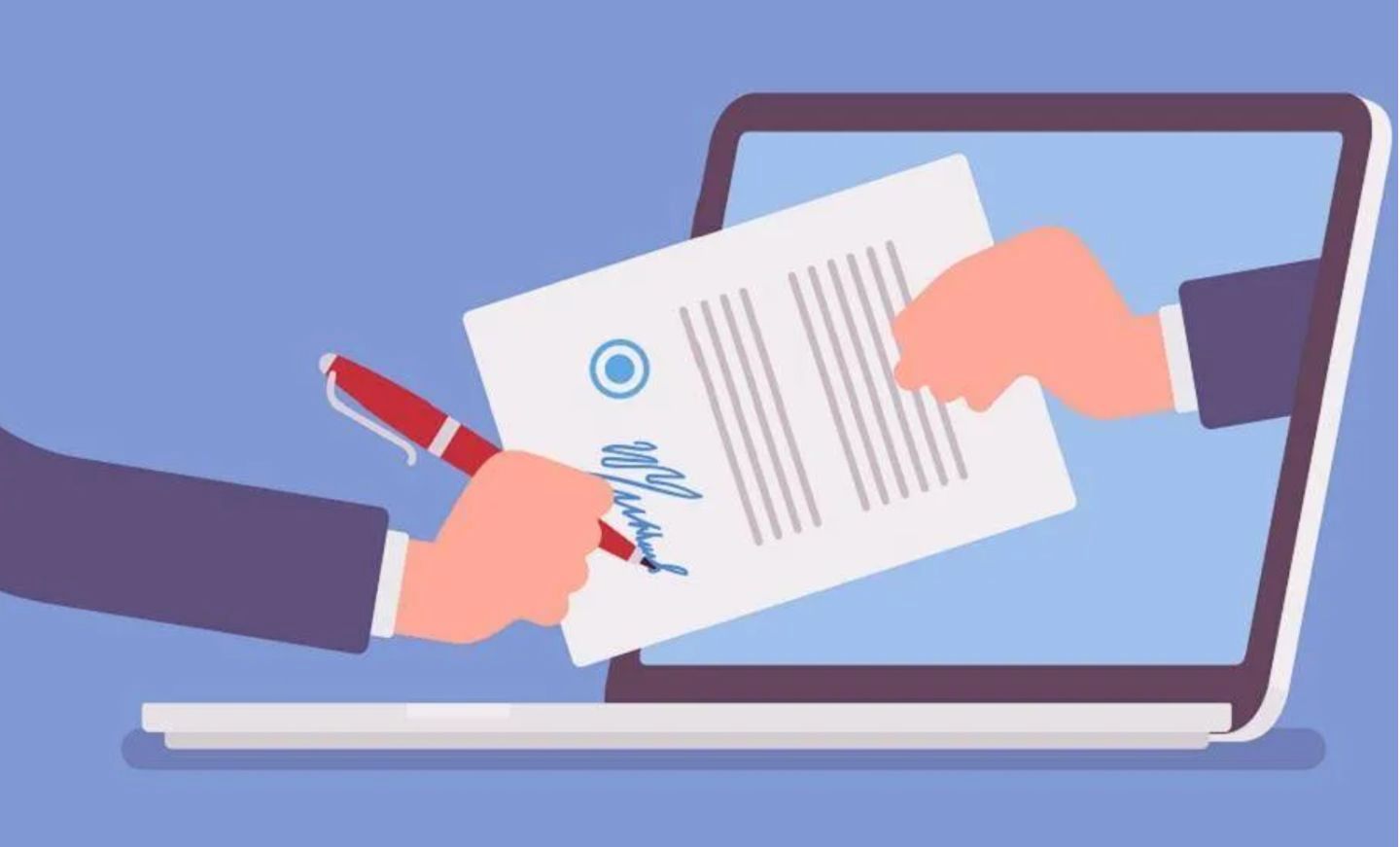How can I get a DSC certificate?





How Can I Get a DSC Certificate?
In today’s digitally driven world, securing online transactions and validating digital identities have become more important than ever. A Digital Signature Certificate (DSC) is a critical tool in this context. Legally recognized in many jurisdictions, especially across Asia including Hong Kong, Singapore, and India, DSCs serve as the digital equivalent of handwritten signatures or stamped seals.
Whether you’re filing tax returns, applying for licenses, signing legal documents, or managing business operations, a DSC can simplify your processes securely. But how do you actually obtain a Digital Signature Certificate? This detailed guide walks you through the necessary steps, while highlighting regionally compliant solutions—like eSignGlobal—that ensure your DSC is legally valid in your country.
What Is a DSC Certificate and Why Do You Need It?
A Digital Signature Certificate (DSC) is an electronic credential issued by a Certifying Authority (CA) to validate the identity of the holder. Much like a passport authenticates your nationality and identity in the real world, a DSC verifies your credentials in digital dealings. It’s particularly important when handling:
- Income Tax e-Filing
- Ministry of Corporate Affairs (MCA) filings
- E-Tender submissions
- Online contracts and legal paperwork
- Import/export applications with government portals
In jurisdictions like India or Singapore, a valid DSC is often a legal prerequisite for compliance.

Step-by-Step Guide to Getting a DSC Certificate
Step 1: Choose the Correct Type of DSC
There are different classes of DSCs, depending on the purpose:
- Class 1 – Validates email ID and name. Not commonly used for business applications.
- Class 2 – Used for filing documents with regulatory portals (e.g., Registrar of Companies).
- Class 3 – Required for e-Tendering, e-Auctions, and legal submissions. Offers the highest level of security.
From January 2021 onwards, in India, Class 2 and Class 3 certificates have been merged. Users must now opt for Class 3 for most purposes. It’s vital to check which class of DSC is acceptable under your local regulatory framework.
Step 2: Select a Licensed Certifying Authority (CA)
To obtain a DSC, you must apply through an authorized Certifying Authority. In India, authorities like eMudhra, Sify, and NSDL are government-recognized. For regional compliance in Southeast Asia, consider providers like eSignGlobal, which tailor their DSC services in accordance with local laws.
When selecting your provider, ensure they:
- Are government-authorized or regionally certified
- Offer end-to-end encryption
- Provide secure cloud-based options
- Support local e-identity frameworks
Documents Required for DSC Application
To ensure legal validity, you’ll need to submit specific documents. These usually include:
- Photo ID proof (such as passport, driver’s license, or national ID card)
- Address proof (utility bill, bank statement)
- Passport-sized photograph
- Organizational documents (if applying as a business representative)
Applicants must also complete a KYC (Know Your Customer) verification, which may be conducted via video or in-person, depending on the certifying body.
How to Apply for a DSC Online
The application process typically follows these stages:
- Visit the CA’s DSC portal – Opt for a user-friendly provider like eSignGlobal, designed for compliance with Hong Kong, Malaysia, and Southeast Asia digital ID frameworks.
- Fill out the online application form – Choose the class of certificate, validity (usually 1–3 years), and the certificate type (individual or organization).
- Upload required documents – Ensure all submissions are legible and up-to-date.
- Complete payment and video verification – Some authorities may need you to complete a real-time video KYC for identity confirmation.
- Download and Install your DSC – Once verified, you’ll get an email with download instructions. DSCs must be installed on a USB token or used securely through cloud-based platforms.

Legal Validity and Regional Compliance
In countries like India, the use of DSCs is regulated under the Information Technology Act, 2000. Similarly, jurisdictions like Hong Kong and Singapore observe strict adherence under their digital signature recognition laws. For a DSC to be accepted by any government or court system, it must:
- Be issued by a legally recognized CA
- Be applied using valid proof and authorization
- Include tamper-proof encryption
Providers like eSignGlobal are designed with these legal frameworks in mind, ensuring full compatibility with regional standards and international e-signature laws such as the eIDAS regulation (EU) or the UETA in the US.
Advantages of Using a DSC
- Enhanced Security – Verifies the sender and ensures the document hasn’t been tampered with.
- Legal Recognition – Complies with global electronic signature acts.
- Time Efficiency – Eliminates the need to be physically present to sign or submit documents.
- Cost Effective – Reduces paper, courier, and administrative costs.

Common Mistakes to Avoid
- Using an unauthorized CA – Your certificate may not be accepted by official platforms.
- Incomplete KYC documents – Leads to delays or rejections.
- Choosing the wrong class of DSC – May not suffice for the required activity.
- Installing DSC on shared devices – Reduces security. Use exclusive USB tokens or secure cloud access.
Ensure your DSC provider clearly supports region-specific infrastructure such as ACRA (Singapore), the IRD (Hong Kong Inland Revenue Department), or MCA (India’s Ministry of Corporate Affairs).
Conclusion: Get Started with a Certified, Regionally Compliant Solution
Obtaining a DSC certificate doesn’t need to be complicated, especially if you choose a certified authority that supports localized legal frameworks and offers a seamless digital onboarding process. Ensure you review the document requirements, select the right class of certificate, and use a trusted provider.
For users across Hong Kong or Southeast Asia who are looking for a reliable, regionally compliant alternative to DocuSign, eSignGlobal is an excellent choice. Offering a legally valid, cloud-based DSC issuance framework, eSignGlobal supports enterprise, government, and SME clients alike.


 Only business email allowed
Only business email allowed


